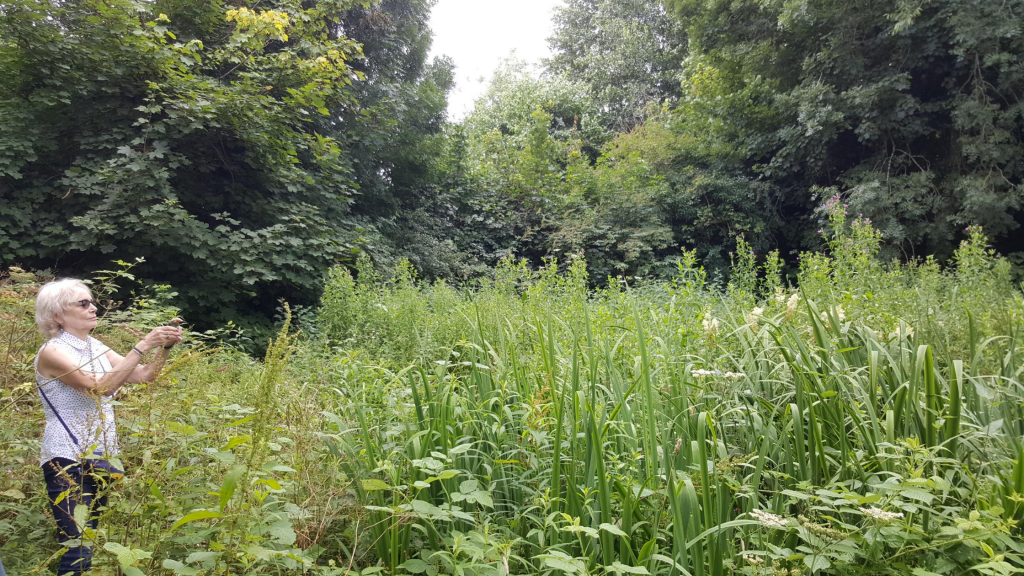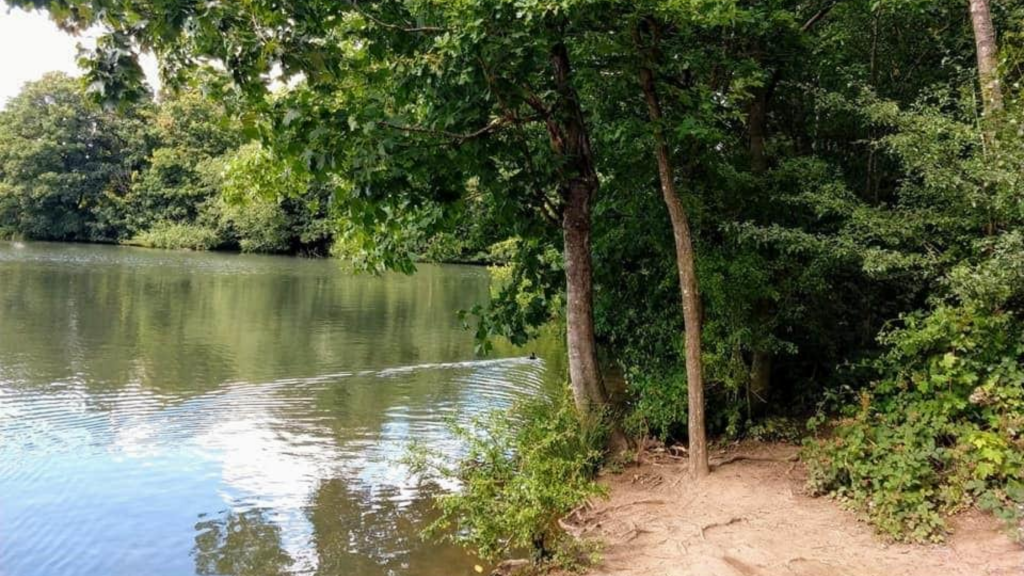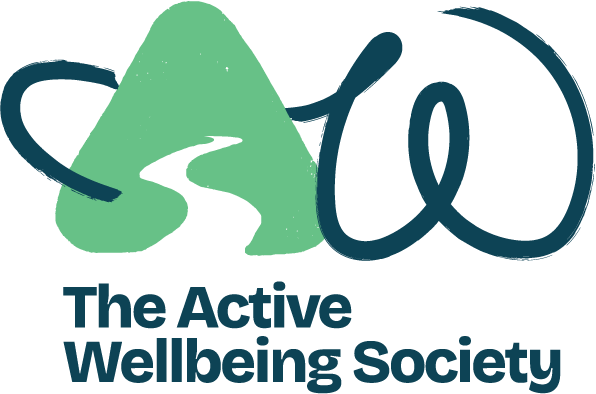Spending time outdoors or going for a walk can have a positive effect on our mental and physical wellbeing. Over the last few months, many people have utilised outdoor spaces to exercise, spend time with friends, and just enjoy some time outside the house. We know that physical activity has lots of health benefits, but studies have shown that it is especially beneficial when it takes place in a natural setting, rather than indoors. It is important for us to build a connection to our environment, which we can do by listening to our senses and reflecting on how it makes us feel.
We also know that access to green spaces and its benefits are not equal. There are lots of barriers that make it hard for people to spend time outdoors. Some people face physical obstacles like busy roads or limited transport options, while others are concerned about safety and feeling welcome.
Our partners and local groups have been discovering and sharing local nature spots to help you enjoy time outdoors.

Tribal B37:
Tribal B37, a community park and art volunteer ranger group based in North Solihull, have recently restarted their guided walks project, which is funded by one of our Active Communities Awards. They organise and run a series of nature walks which explore local green spaces, wildlife, and mini-beasts – which are very popular with young children.
In line with social distancing guidelines, there is a maximum limit of 4 people per walk and you must book a place in advance using the Eventbrite link on Facebook. Although the walks currently take place in much smaller groups, one benefit is that the community rangers can spend much more time with each participant. People who have been on the walks said that they learnt so much about their local wildlife.
During lockdown, the group set up Tribal Community Rangers Wildlife Journal on Facebook as a space for people to share their images and experiences of time spent in nature. They also created a science project called ‘on your doorstep’ which uses the iNaturalist App to identify, record and map local species.
Local groups have come up with lots of creative ways to help us stay connected and learn about nature using technology.
The Active Wellbeing Society (TAWS) Sensory Walks:
As part of our Virtual Wellbeing online activities, we have been livestreaming Sensory Walks by Taz which encourage people to learn about how they can explore local green spaces while enjoying a brisk 30-minute walk.
Taz is often joined by wildlife experts, such as Rob from Fruit and Nut Village Stirchley, and Marcus from our Active Communities Going Wild project, who share their knowledge about what you might find in local nature spots.
The walks encourage participants to slow down, use their senses, and take notice of things that you might normally miss, like birdsong.

Walk Brum Challenge:
We have also launched a series of walking challenges to encourage people to go for a walk and enjoy different landscapes in Birmingham. So far, we have encouraged people to explore canals, parks and reservoirs.
The Walk Brum Parks Challenge asks locals to walk the equivalent surface area of Birmingham’s 571 green spaces, which comes to approximately 420,000 steps, in 6 weeks. This means you have 42 days to walk 420,000 steps. It might sound like a lot, but if you do 10,000 steps per day, you’ll be on track to complete the challenge.
You can walk around your house, up the stairs, around your garden, or explore some of Birmingham’s canals and green spaces. Steps can be recorded using a phone, fitness tracker, or pedometer. Alternatively, you can aim to cover about 8 kilometers, or walk for about 1 hour and 40 minutes per day. Give it a go and share your pictures using #WalkBrum.
Get involved:
At The Active Wellbeing Society, we champion the simple act of enjoying the green spaces on our doorstep and learning to love and care for them. Find out more about our wild projects here and visit our Facebook page to get involved in the Walk Brum Challenge and enjoy our Sensory Walks

